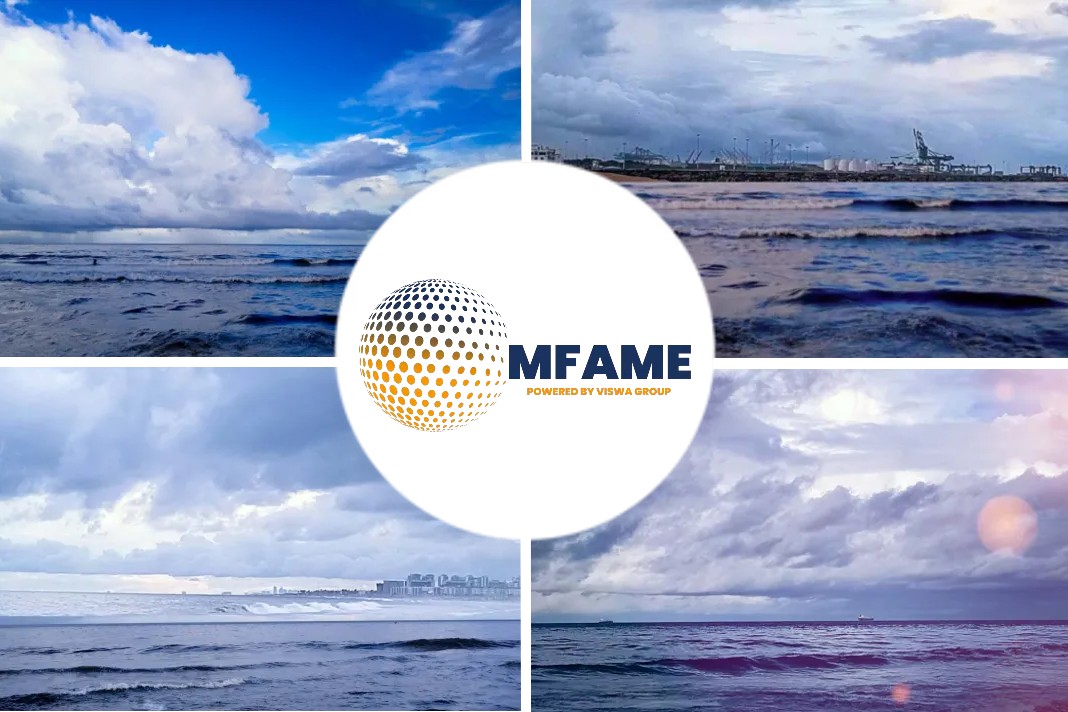
- The freak waves are rare and unpredictable and are believed to have caused numerous shipwrecks.
- These bodies of water are characterized by their steepness, sharp crests, and immense destructive power, making them objects of both fear and fascination.
- A rogue wave is also thought to have smashed the swordfish boat Andrea Gail in the North Atlantic in 1991, chronicled in Sebastian Junger’s bestseller The Perfect Storm.
Astonishing Facts
- Rogue waves are often described as “walls of water.”
Rogue waves are extremely large and powerful waves that appear suddenly in open water, surpassing the average height of the tallest surrounding waves by at least double. They have been observed ranging from 26 feet to as tall as 100 feet.
- Rogue waves don’t have a single distinct cause.
The convergence of multiple wave systems is one key element: When waves with different wavelengths (space between their crests) and amplitudes (the height from trough to crest) meet, they can combine and reinforce each other, resulting in a sudden increase in wave height and power. Other factors include strong ocean currents, changing wind patterns, and the presence of underwater topographical features.
- Rogue waves are different from tidal waves and tsunamis.
Although rogue waves can cause devastating effects similar to tidal waves and tsunamis, each type of wave has distinct characteristics and causes. Tidal waves sudden rushes of water up rivers or narrow bays during certain tidal conditions. Tsunamis are caused by undersea earthquakes, generating incredibly powerful and far-reaching waves.
- Rogue waves can disable and even sink container ships and oil rigs.
Modern ships and offshore structures like oil rigs are constructed to withstand expected conditions at sea, which include maximum wave heights of 15 meters. One colossal wave crashed over a cruise ship called the Viking Polaris on a trip to Antarctica in December 2022, killing one passenger and injuring four, in addition to breaking windows and other parts of the vessel.
- There are more rogue waves than you might think.
Rogue waves have emerged as more frequent phenomena. A 2019 study analyzing 22 years of measurements gathered by wave buoys also found an increase in the waves’ height between 1994 and 2016.
- Rogue waves are more likely to occur in some parts of the world.
Off the southeast coast of South Africa where the Agulhas current flows is one; the North Atlantic Ocean, where the powerful Gulf Stream and other major ocean currents converge, is also notorious for birthing these colossal waves. Parts of the South Atlantic, Indian, and Pacific oceans have witnessed rogue wave incidents.
- Rogue waves can form in freshwater lakes.
In one famous example, a rogue wave may have caused the tragic shipwreck of the S.S. Edmund Fitzgerald on Lake Superior in 1975. The massive cargo ship disappeared from radar during a gale and sank off Whitefish Point, Michigan. All 29 crew members were lost.
- Several shipwrecks in recent history are attributed to rogue waves.
- The Draupner wave marked the first recorded measurement of a rogue wave.
On January 1, 1995, an extraordinary event took place on the Draupner oil-drilling platform situated about 100 miles off the Norwegian coast. The platform had a device called a sea surface elevation probe that recorded a massive wave of 85 feet (26 meters) crashing into the structure. Thanks to this instrument, the Draupner wave holds the distinction of being the first rogue wave ever recorded and confirming the existence of the long-rumored freak occurrences.
- Rogue waves have become pop culture icons.
Under the Wave off Kanagawa, the famous woodblock print by the Japanese artist Katsushika Hokusai, portrays a towering wave with boats in the foreground and a tiny Mount Fuji in the distance. A rogue wave also starred in 1972 disaster flick The Poseidon Adventure, though the captain and crew on the S.S.
Did you subscribe to our daily Newsletter?
It’s Free! Click here to Subscribe
Source: Mentalfloss














![[Watch] Crazy Power Needed to Move World’s Largest Containerships](https://mfame.guru/wp-content/uploads/2023/11/mfame-tanker-100x70.jpg)

manzanaresstereo.com
“…” 이러한 문제에 직면한 Hongzhi 황제는 저항할 수 없다고 느꼈습니다.
ttbslot.com
그는 너무 흥분해서 탑에서 뛰어내리고 싶었습니다.